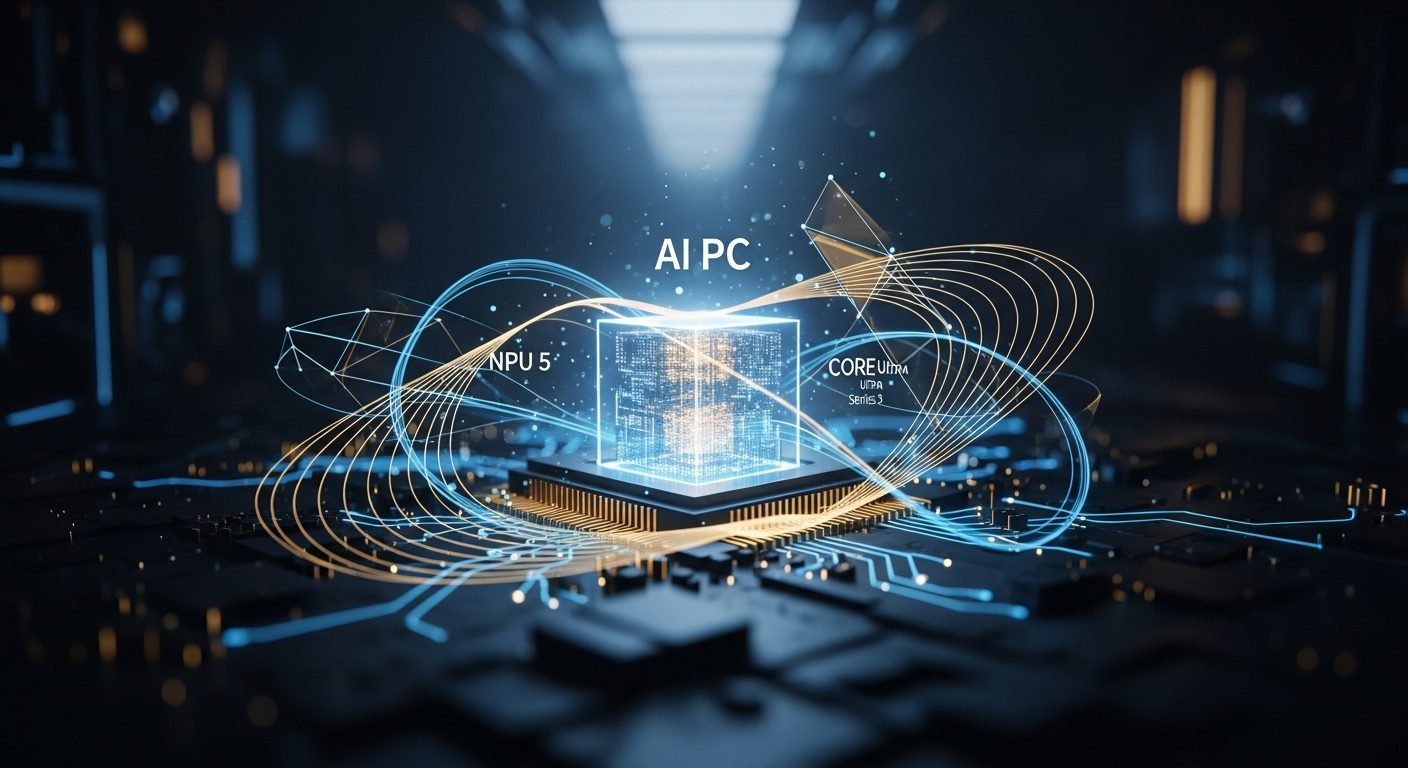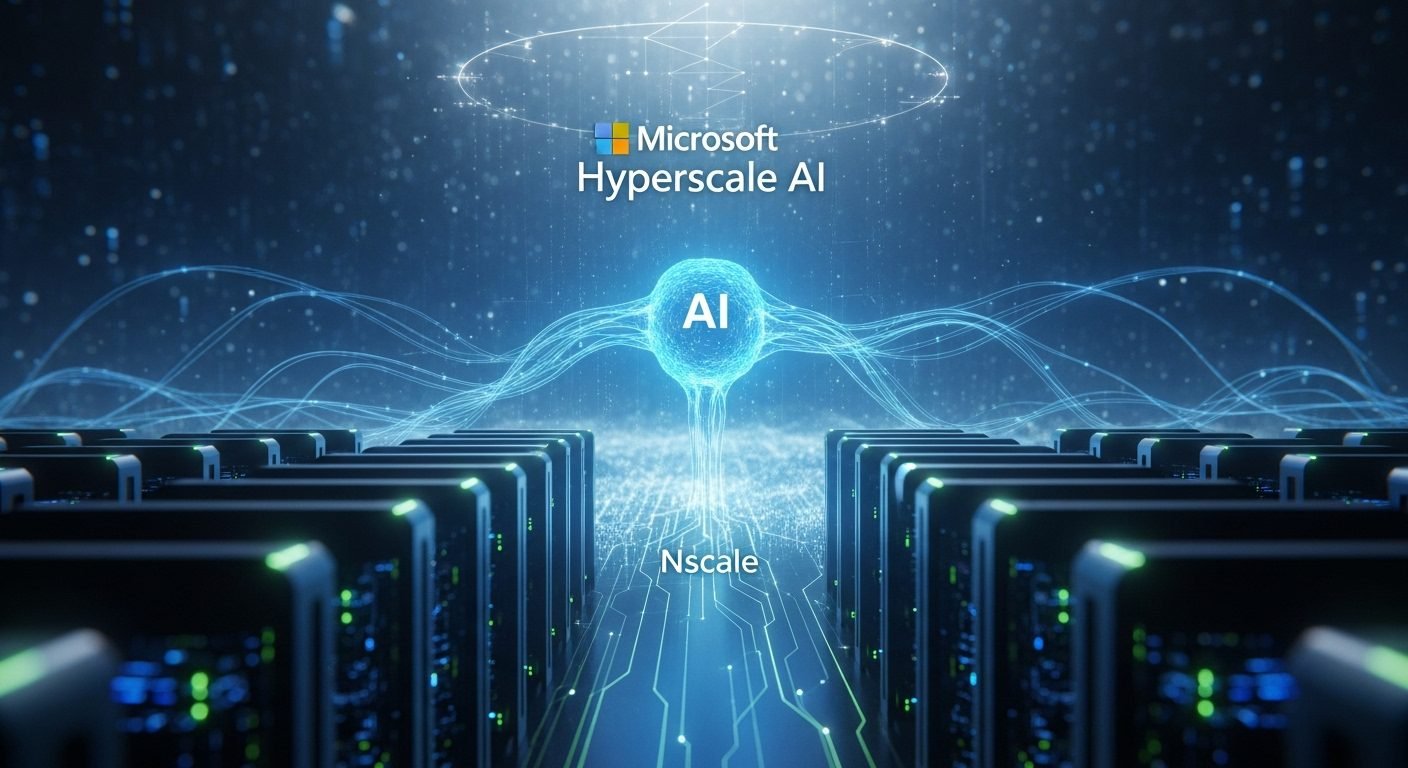A revolution is brewing in how we work, and Google is throwing open a massive new door to it. Imagine every task, from crafting marketing emails to sifting through financial reports, made simpler and faster with the help of an intelligent assistant. That’s the promise of Google Gemini Enterprise, a powerful new AI platform designed to transform business operations.
Launched on October 9th or 10th, 2025, Gemini Enterprise isn’t just another chatbot. Google calls it the “new front door for AI in the workplace,” a unified system that brings together advanced Gemini models, robust infrastructure, and practical applications. It’s an evolution of what was previously known as Google Agentspace, now streamlined and supercharged to make AI accessible for everyone in a company.
This launch comes at a crucial time. The business world is hungry for AI solutions that go beyond simple tools, craving platforms that can orchestrate complex tasks and drive smarter decisions. We’re seeing a “sudden rush for agents” because large language models (LLMs) have matured enough to reliably automate many multi-step processes. Google isn’t alone in this race, facing stiff competition from giants like Microsoft with Copilot and OpenAI’s AgentKit. However, Gemini Enterprise aims to differentiate itself by offering a cohesive system where employees can interact conversationally with company data and deploy AI agents through an intuitive chat interface and a no-code workbench.
So, what does this actually look like in the real world for businesses like yours? Early adopters are already seeing remarkable results. Best Buy is using Gemini Enterprise for customer service, achieving a 200% increase in customers rescheduling deliveries independently. Virgin Voyages deployed over 50 AI agents, including “Email Ellie” for personalized marketing, boosting content production by 40% and contributing to record sales. Even HCA Healthcare is piloting a Gemini-powered Nurse Handoff solution, projected to save millions of hours annually by automating crucial reports. These examples underscore the platform’s potential for concrete, measurable gains, even for a smaller operation looking to optimize. For a deeper dive into Google’s vision, you can read their official announcement on the Google Cloud Blog.
Practical Takeaways
- Explore Agentic AI: Start researching how AI agents could automate repetitive tasks in your specific business, from customer inquiries to internal data processing.
- Consider the Subscription Model: With pricing starting at $21-$30 per user per month, evaluate if this fits your budget and potential ROI. Think about the scale of your team.
- Focus on Outcomes: Don’t just adopt AI for adoption’s sake. Clearly define the business problems you want to solve and the measurable benefits you expect.
While Google’s offering is comprehensive, it’s essential to consider the nuances. Some industry watchers point out that Gemini Enterprise is an evolution rather than a completely new concept, a rebranding of Google Agentspace. Moreover, Google faces a tough battle for market share. A Gartner 2025 survey showed that 65% of businesses intended to standardize on Microsoft’s agentic services, with Google trailing at 26%. This highlights that while the platform is powerful, adoption isn’t a given and will depend on businesses understanding how to integrate it effectively and see clear returns on investment. Understanding the ROI of AI in small business is critical.
Looking ahead, the introduction of Gemini Enterprise is set to intensify competition across the enterprise AI landscape, driving rapid innovation. We can expect to see a quicker uptake of agentic AI solutions as businesses explore automating complex workflows. Google is also investing heavily in upskilling, offering free learning platforms like “Google Skills” and the “Gemini Enterprise Agent Ready (GEAR) program” to train developers – a clear signal that the company is serious about enabling widespread adoption. This focus on education is a huge boon for small businesses looking to get their teams ready for an AI-powered future.
In the long term, this move could usher in an “agent economy,” where AI applications communicate and transact autonomously, fundamentally reshaping how businesses operate. We’re moving towards a future where AI isn’t a standalone tool, but seamlessly integrated into every facet of our daily work. For small businesses, this means a future of unprecedented efficiency and new avenues for growth, provided they can navigate the evolving landscape. The question isn’t whether AI will change your business, but how quickly you’ll adapt to its transformative power. Preparing your team for AI integration will be key.











